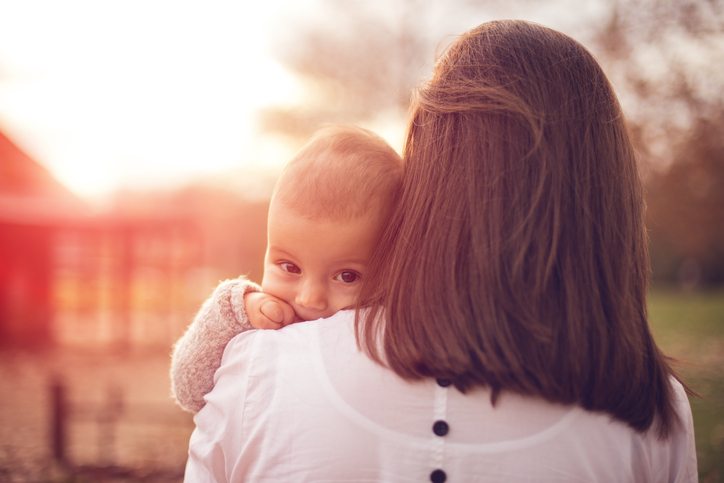The Bupa Health Foundation Maternal Health Survey also found that more than 50 per cent of women believed physical and nutritional health to be more important than emotional wellbeing. According to the survey, women are waiting a month on average before seeking out professional medical help.
The Bupa Health Foundation has instigated a campaign to help remove the stigma associated with maternal mental health. Hosting a breakfast led by media personality Wendy Harmer, a panel of experts including Professor Jeannette Milgrom and Professor Marie-Paule Austin presented new research into pregnancy related depression.
Panelist and public figure Jessica Rowe also shared her own battles with postnatal depression in 2007 following the birth of her daughter.
“It breaks my heart that so many women feel reluctant to seek advice given pregnancy related depression is so common in our community. I know first-hand how overwhelming motherhood can be – it’s so important for women to feel comfortable seeking treatment so they can get back to their normal routines and enjoy motherhood.”
According to the survey, women who suspected they may have childbirth-related depression were twice as likely not to reveal their struggles with anyone, proving that the stigma around maternal mental health is still very alive.
Professor Jeannette Milgrom, Founder of the Parent Infant Research Institute (PIRI) is pioneering new antenatal depression treatments.
“Our current research on the psychological treatment of depression and anxiety during pregnancy is breaking international ground,” Milgrom said.
“Results show that we can substantially reduce depressive and anxious symptoms during pregnancy using a brief eight-session cognitive behavioural therapy program. This not only helps women enjoy this important period of their life, but also provides the best environment for their baby’s development.”
Professor Marie-Paule Austin’s work with St John of God Perinatal & Women’s’ Mental Health Unit also measures how routine mental health assessments for pregnant and new mothers are accessed across the health system and the impact on referrals into support services. It’s the first of its kind in Australia and uses the largest cohort of women.
If you or someone you know needs some support, help is available from the following organisations:
Beyond Blue – Mental Health Support Australia – Information for new parents
Perinatal Anxiety and Depression Australia (PANDA) – Website here
Post and Ante-Natal Distress Support Group NZ – Website here







